The Slave Mentality of the British-Educated
The Slave Mentality of the British-Educated
The English were able to establish their rule on a solid foundation in India primarily after the failure of the 1857 War of Independence. Before this, although they had ruled for almost a century, they possibly never sat comfortably for even a single day during that time. This was because, throughout India during this period, there were hundreds of uprisings, primarily led by Muslims. Although Muslims led these revolts, countless Hindus also sacrificed their lives for the freedom of their motherland. However, a significant part of the Muslim population was driven by a fierce spirit of Islamic struggle. Additionally, the desire for geographical independence, revenge against oppressive Englishmen and landlords, and a strong aspiration to regain power motivated them to dive into these dangerous revolts. They were not prepared to accept Christian rule under any circumstances.
From the moment the English arrived in this country, they meticulously analyzed the mentality, thoughts, religious feelings, beliefs, superstitions, past, and present of the Hindu and Muslim populations. Based on this analysis, they carefully determined their governance policies in India and continued to test and refine them. This was an ongoing process. Our goal is not to describe the 200-year history of British rule, exploitation, and rebellion against it, as numerous research books, history books, and autobiographies have been written on this subject. We aim to focus our attention on aspects related to the education system, including its objectives, processes, and outcomes.
The main conspiratorial policies adopted to safely govern and exploit India after turning the entire population, including Hindus and Muslims, into slaves included:
1. Creating a class of subservient clerks who were mentally separate from the general population through the education system.
2. Erasing and distorting the nation's history through the education system.
3. Implementing the “Divide and Rule” policy to awaken differences among various Indian communities based on religion, region, and caste, and institutionalizing the caste system among Hindus by recording lower-caste Hindus as ‘untouchables’ in their census.
4. Destroying the former ruling class and elite families, eliminating national pride, and creating a new middle-class elite that would serve the British.
5. Replacing Persian, the official language of India, with English, thereby rendering the high-ranking Muslims employed in government jobs completely unemployed.
6. Creating separate political parties for Hindus and Muslims based on Western ideologies.
The British were able to fully utilize the so-called educated class created by their "Modern Education System" to achieve these objectives. We will try to illustrate this with some historical examples.
First, let us see what history says about the purpose behind creating this class.
After the East India Company took root in Kolkata, some local people started earning their livelihood by working as government officials, accountants, and brokers. Then, in 1757, the Company defeated the Nawab of Bengal at the Battle of Plassey and established British colonial rule in India. After gaining control over Bengal, Bihar, and Orissa, the colonial territory expanded rapidly. Kolkata became the capital of British India. Many fortune-seekers flocked to "Calcutta Kamalalay" (Calcutta). To work under the colonial masters, it was necessary to understand their language to some extent. Ambitious people learned to speak a few words of English, caught the attention of the masters, earned a good income, and became notable figures in society. The demand for learning English emerged in the local community. To meet this demand, some individuals initially opened English schools. In 1791, Jonathan Duncan established a Sanskrit College in Varanasi. In 1800, Lord Wellesley established Fort William College in Kolkata to teach British East India Company employees the local languages like Bengali, Persian, and Urdu. The 1813 Charter Act mentioned the British East India Company's plan to expand education in India. In 1817, David Hare founded the Hindu School (now Presidency University) in Kolkata. The situation is clearly described in the 1830 edition of the newspaper 'Samachar Chandrika':
"Due to various schools like Hindu College, many children of wealthy individuals have become proficient in English. Some are the sons of government officials, some are the brothers of clerks, some are the nephews of treasurers, some are the grandsons of warehouse managers, and some are related to auction managers. These relatives will definitely appoint them in jobs, and this is the initial employment." (Samachar Chandrika, 15 Chaitra 1236, compiled and edited by Brajendra Nath Bandopadhyay: 'Sekaler Kotha in Newspapers', Kolkata, Bangiya Sahitya Parishad Mandir, first volume, second edition, pp. 70-71).
In this context, Thomas Babington Macaulay arrived in colonial India on behalf of the British East India Company in 1834. To create local subordinates and employees for the vast colonial administration and exploitation, Macaulay presented a proposal in the British Parliament on February 2, 1835, which reveals the depth of the British conspiracy. He proposed an English-medium education system for a small number of Indians with the explicit aim of making the predominantly Hindu and Muslim population forget their past heritage, transforming them into a subservient, inferior-minded nation, and deeply embedding British colonial rule into the political and commercial spheres of the country. Let's see what was in that proposal.
"I have traveled across the length and breadth of India and I have not seen one person who is a beggar, who is a thief. Such wealth I have seen in this country, such high moral values, people of such caliber, that I do not think we would ever conquer this country, unless we break the very backbone of this nation, which is her spiritual and cultural heritage, and, therefore, I propose that we replace her old and ancient education system, her culture, for if the Indians think that all that is foreign and English is good and greater than their own, they will lose their self-esteem, their native culture and they will become what we want them, a truly dominated nation."
What a cruel and unethical conspiracy to render a nation lifeless, enslaved, and destitute! Even today, the entire population of India, including Hindus and Muslims, continues to bear the brunt of this conspiracy. The slavery in education, politics, economics, and culture has multiplied hundreds of times compared to the British era. The educated class, particularly those molded by the British, have no vision of liberation from this. It goes without saying that Macaulay’s depiction of the strong moral backbone, education, culture, and prosperous economy of the Indian people was a direct result of uninterrupted Muslim rule for seven centuries. Observe the educated slave class whose character Macaulay outlined:
“We must at present do our best to form a class, who may be interpreters between us and millions of whom we govern, a class of persons, Indian in blood and color, but English in taste, in opinion, in morals and in intellect.”
In a letter to his father from Calcutta dated October 12, 1836, the devout Evangelist Christian Macaulay revealed the indirect purpose of this proposal:
“Our English schools are flourishing wonderfully. The effect of this education on the Hindus is prodigious. No Hindu who has received an English education ever remains sincerely attached to his religion. I firmly believe that if our plans of education are followed up, there will not be a single idolater among the respectable classes in Bengal thirty years hence. And this will be effected without any efforts to proselytize; I heartily rejoice in the prospect.”
So it’s clear that detaching Indians from their religious beliefs and values to influence them with Western philosophy was also a goal of this 'modern education system,' which was quite successful. A major underlying reason for the Great Revolt of 1857 was the attempt to convert Indians, both Muslims and Hindus, to Christianity through missionary activities and the education system. Ahmed Sofa wrote that Christian missionary activity was so widespread that common people and soldiers of both Hindu and Muslim communities became enraged. Missionaries were preaching everywhere: markets, ports, hospitals, and schools. Bible education was made compulsory in every school. Students were asked, ‘Who is your Lord and Savior?’ and they would answer in the Christian manner they were taught.
Many educated individuals from Hindu College converted to Christianity, with Michael Madhusudan Dutta being a prominent example. Others, though not converting to Christianity, ceased to be Hindus, becoming either atheists, skeptics, or members of the British-aligned Brahmo Samaj. Among them, 'drinking alcohol for the purpose of dispelling superstitions' became widespread.
In 1835, English was declared the sole medium of higher education in India. In 1854, the ‘Wood’s Despatch on Education’ was published. Charles Wood’s 'Despatch' was termed the Magna Carta of education in British India. He was the first to document a rational curriculum from primary to higher education. He outlined what should be taught at the primary, secondary, and higher education levels. English was adopted as the medium for higher education, and local languages for primary education. In 1850, the English established the Mohammedan Anglo-Oriental College in Aligarh to create a 'modern' educated class among Muslims. Principals like Archibald, Theodore Beck, and Morrison played significant roles in forming a separate class among Muslims. These Muslims began to see themselves as distinct from other Muslims. In 1857, universities were established in Calcutta, Bombay, and Madras.
Previously, Persian and Arabic were the languages of the educational system, which included moral education. The education was primarily religion-based, even for Hindus. Therefore, the Muslim community initially resisted the morally void education system of the British, but eventually, they too gravitated towards English education and became servants of the English. The Urdu poet Akbar Allahabadi (1846-1921) wrote:
“Ahabab kya numaza kar gaye
B.A. kiya, naukar huye, pension mili aur mar gaye.”
(‘Friends, what a feat they accomplished. After passing B.A., they became servants of the English, received a pension at the end of their service, and died.’)
What else can be the result of this spiritual-life-devoid education system? This faithless, morally void English education established characterlessness and destruction in this country.
However, through the colonial education system, the British created some ‘Indian in color but English in taste, opinion, morals, and intellect.’ They were a negligible minority among millions of Indians. Some of these individuals became loyal compradors of British colonialism, while after World War II, when so-called ‘independence’ led to new-colonialism under American leadership, the descendants of these compradors took on the role of new-compradors, leading the governance and exploitation system of the country. This small privileged group deprived the vast majority of the country’s people of their human rights, maintaining English as the language of governance, judiciary, higher education, business, and information technology. In this situation, the condition of the vast majority who do not know or know little English is pathetic. They are deprived of understanding government documents, letters, laws, reading, comprehension, the right to appeal in any problem, understanding the name or usage instructions of consumables or medicines, and are out of the reach of the electrical world. On the other hand, what is the condition of English-proficient Bengalis? They parrot various Western discourses in different fields. Their contributions, original thinking, analysis, creation, and discoveries are minimal. The history of the last two hundred years proves this. Recently, some who have gained fame through proficiency in parroting in English are patted on the back by the new-colonial powers of the West with jobs or awards abroad.
The biggest proof that the English-educated did not think of their own country's interests but always protected the interests of the English government is their moral support for every exploitative step of the English: the destruction of local industries, the Permanent Settlement, indigo cultivation instead of rice, creating markets for British goods, the drain of wealth theory, and all sorts of injustices. Even in the 1857 War of Independence, when an all-India movement against the British was led by Muslims, this educated class took a stand against independence and worked for the British.
After the Sepoy Rebellion, Muslim culture and civilization were almost destroyed, and according to British plans, the Hindu culture and civilization centered in Calcutta grew stronger, creating a gap between the Hindu and Muslim communities, fostering mutual distrust, hatred, and suspicion. Such shameless support for the imperialist British against the independence of 1857 was not seen elsewhere except in Calcutta.
Regarding collaboration with the British, Mr. Humayun Kabir wrote in the Shravan issue of the magazine 'Chaturanga' (Bengali year 1364): "British historians have repeatedly mentioned that the middle class and intellectual communities across the country have assisted the British ruling power.” Dr. S.N. Sen, in "Eighteen Fifty Seven", said, "The educated gentlemen of Calcutta and the landed aristocracy of Bengal, like those in Madras, openly condemned this rebellion and the rebels" (p. 408). In the "Autobiography of Debendranath Tagore", Maharshi Debendranath Tagore stated that the new community of Calcutta, which was influenced by the West, not only remained silent but actively showed loyalty to the British ruling power. In support of this statement, the quote from Prasanna Kumar Tagore is particularly noteworthy: "If we were to be asked what Government we would prefer English of any other, we would one and all reply: English by all means—even in preference to the Hindu Government.” [Daily Reformer, July 1931]. This means that if they were asked which government they preferred, English or any other, they would unanimously say that they preferred the English government in every way—even over a Hindu government.
The ink of a pen can achieve the welfare of people and the country through artistic skill, but the misuse of a pen can create an atmosphere of hatred, violence, and communal discord. During the British rule in undivided India, they needed a group of writers, poets, litterateurs, playwrights, historians, and loyal employees. The British successfully gathered this group from the educated class emerging from their established colleges and universities. The way the ink of writers, poets, and intellectuals could raise a wall between Hindus and Muslims and how they could praise the British rulers is deeply thought-provoking. The leader of this pro-British group of writers can be considered to be Shri Ishwar Chandra Gupta. When Muslims were fiercely opposing the British, he wrote:
"May the British always be victorious!
May the British's fortune remain steady.
The beloved sons of India, all Hindus,
say openly, 'Victory to the British!'"
(Dilli-er Juddha, Granthabali, p. 191)
Regarding how the Hindu community was kept restrained from the 1857 rebellion, it can be said it was through the magic of the pen. When non-Muslim youths did not join the movement en masse, naturally, the Muslim rulers were defeated. The capital Delhi was plundered and humiliated under British subjugation. At that time, Ishwar Chandra wrote:
"Fear no more, there is no more fear.
Good news, great good news.
Delhi has been reoccupied...
The British's anger mostly fell on the Muslims. Later, Captain Roberts, who became Field Marshal Lord Roberts, wrote, ‘Teach those scoundrel Muslims a lesson, show them that by God's grace, the British are the masters, rulers, and controllers of this country.’ There was no distinction between guilty and innocent. Even the family of Syed Ahmed, an ardent British supporter, did not escape punishment. (G.S.I. Graham, 'Syed Ahmed Khan,' pp. 27-28). In a writing by the poet Ghalib, one gets a glimpse of this dreadful, terror-stricken atmosphere:
"The city has turned into a desert. The city has become a desert. The Urdu Bazaar has disappeared. Who will speak Urdu anymore? Delhi is no longer that great city, its fort, its city, its shops, its fountains—everything is gone. The Hindu moneylenders remain, but wealthy Muslims are almost nonexistent. So many known people have been killed that if I were to die today, there would hardly be anyone left to shed tears in mourning."
The widespread fear and uncertainty that prevailed in Delhi at that time is evidenced by the following writing:
Muslims not only participated more in the rebellion and thus endured more British oppression but also maintained their opposition to the British for a long time. They demonstrated this anti-British sentiment in various ways, carried out secret conspiracies in various places. Sitana and Patna were the main centers of this conspiracy. Muslims also opposed English education. As a result, they gradually became excluded from British government jobs and lucrative professions. Hindus gradually adopted Western education, culture, and ideas; however, Muslims clung to their own education, culture, and ancient beliefs for a long time. The culture that developed in Delhi under Muslim rule was completely wiped out as a result of the rebellion.
In the January-June 1858 issue of the Calcutta Review, an essayist wrote:
"Five years ago, I went to Delhi and was astonished to see the number of Muslim newspapers there. After the rebellion, when the British devastated Delhi, nothing of that remained. The blossoms of culture dried up and fell into the dust. In 'Zakaullah of Delhi,' C.F. Andrews wrote, 'A year after the rebellion, the death storm that swept over Delhi left no trace of culture. Muslim education still hasn’t recovered from that blow.'
On the other hand, the revival of Hindu culture was centered in Calcutta. There, the storm of rebellion did not blow, its wealth and population remained intact, and its culture remained unscathed. This created a gap between the Hindu and Muslim communities over time. This gap was unpleasant, suspicious, and bitter. Today, India's national life is plagued by communal strife; this began with the end of the Sepoy Rebellion and the East India Company's rule. By a twist of fate, the descendants of Tamerlane (the Mughals) also disappeared from India’s political stage at the same time. (Eighteen Fifty-Seven Rebellion: Shri Ashok Mehta, pp. 81-83).
Unfortunately, the education centered in Calcutta grew, focusing on communalism, particularly Muslim hatred. This widespread hatred and hostility took root. In various literary genres, other subjects, and newspapers, anti-Muslim sentiments continued in various forms. Indigenous Mughal emperors were depicted with contempt and disdain, while the King and Queen of England were excessively praised. The education of nationalism was minimal. The driving force behind English education was the inspiration and desire for subjugation.
The seeds of communalism in literature and politics first took root in Kolkata and spread to such an extent that any person would be pained by considering where it has led. Before British dominance in India, the general populace was unaware of what communalism was. In those times, not a single drop of blood was shed anywhere in the country due to communal strife.
Those educated by the British would obtain government jobs. Their job prospects ranged from low-ranking clerks to, at most, deputy magistrates. In other words, they would become low-ranking officials. Only those who could demonstrate the utmost loyalty to their masters would be fortunate enough to secure high-ranking positions such as deputy magistrate. Here are two quotations:
(a) It was not easy for Indians to obtain the position of deputy magistrate in those days; one could only secure such a position by being extremely loyal and trustworthy to the government (Hidden History, p. 225 - Golam Ahmed Mortaza).
(b) In those days of foreign rule, Indians could not hope for a position higher than that of deputy magistrate (Bankimchandra Chattopadhyay by Sunil Kumar Basu, p. 13).
The mindset of this educated class can be somewhat gauged from the writings of 'literary emperor' Shri Bankimchandra Chattopadhyay, who held the position of deputy magistrate during British rule. He wrote, "We (the educated Bengali society) do not hate the English or the English language. It can be said that the greatest benefit that has come to the people of this country from the English is the English education. The more we practice the infinitely fruitful English language, the better. I further say, the welfare of society and some other social functions must be accomplished in the language of the ruling officials. ... Unless the various peoples of India become united, unanimous, and coordinated, India's progress is impossible. This unity, unanimity, and coordination can only be achieved through English; because now Sanskrit is lost. Bengalis, Maharashtrians, Telugus, Punjabis, their common ground is the English language. This thread must bind the knot of Indian unity. Therefore, as far as the spread of English is necessary, let it spread. ... The English are many times more virtuous than the Bengalis and much happier; if these thirty million Bengalis could suddenly become thirty million Englishmen, that would not be bad (Bankim Rachanasamagra, Vol. 2, Miscellaneous Essays)."
Is the mindset of our country's current bureaucratic class much more independent than this?
Images Related to this Post

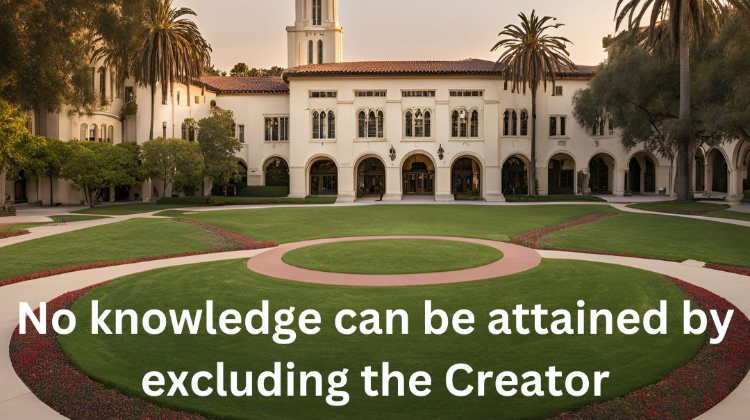
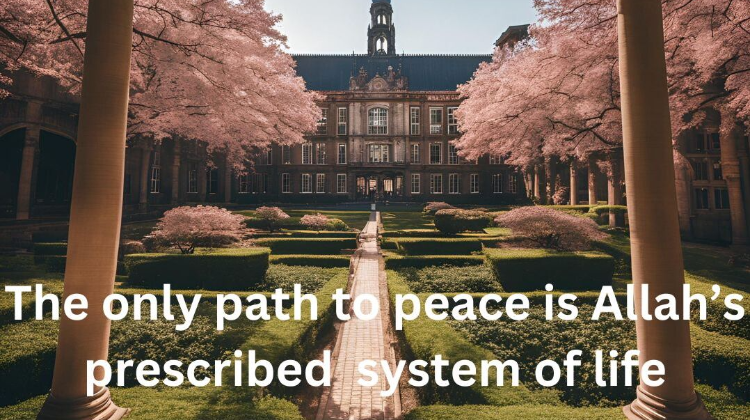
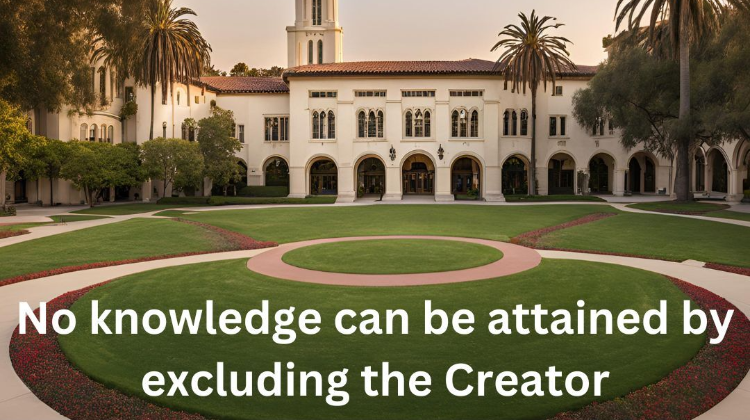
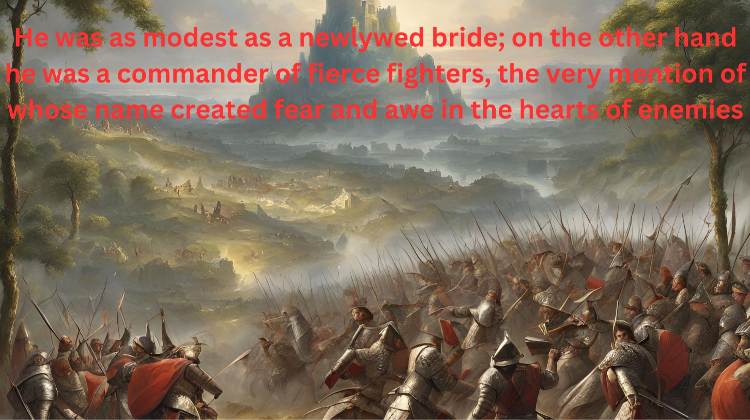
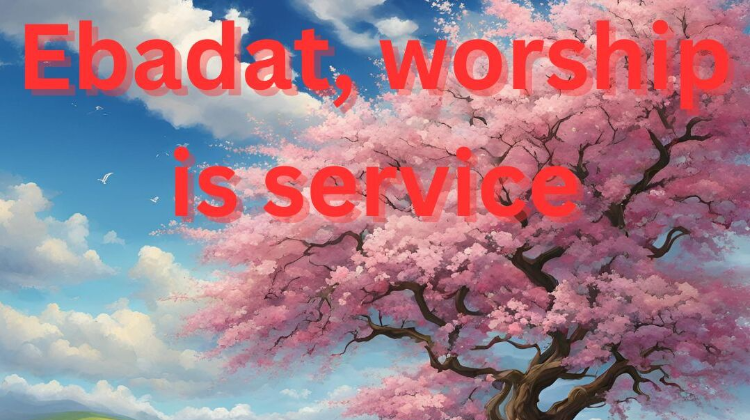
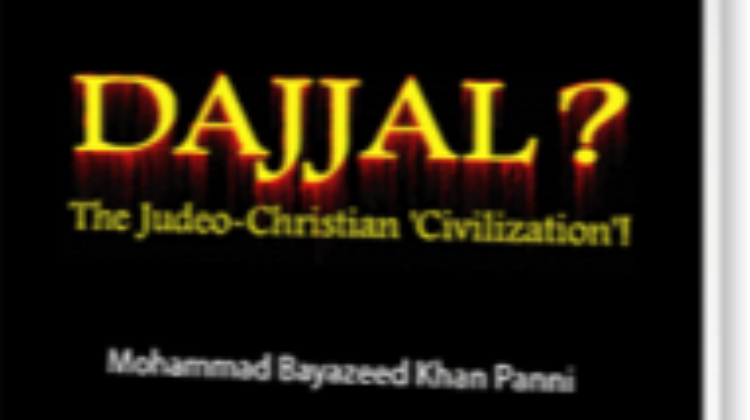
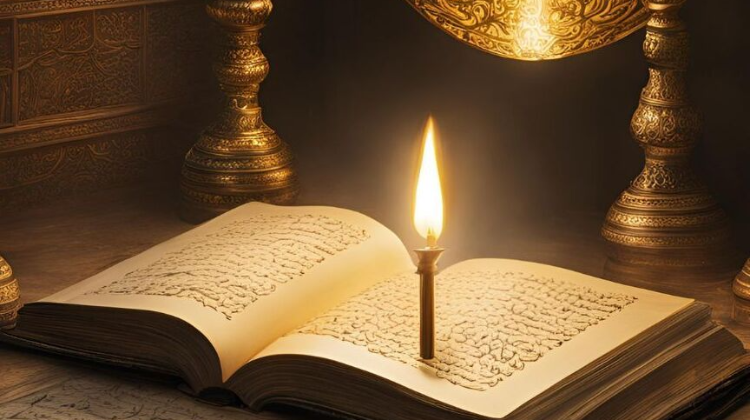
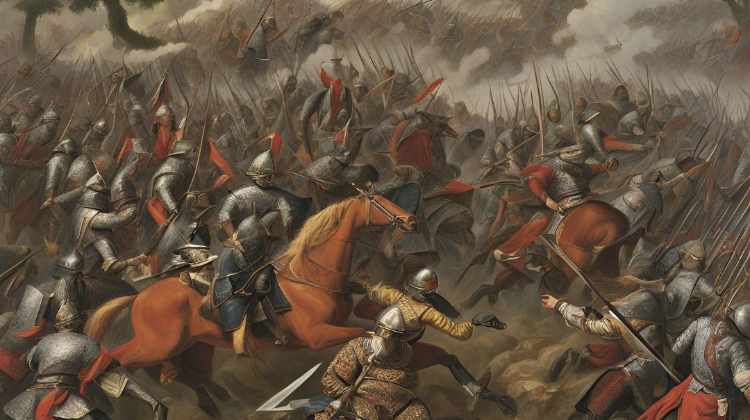

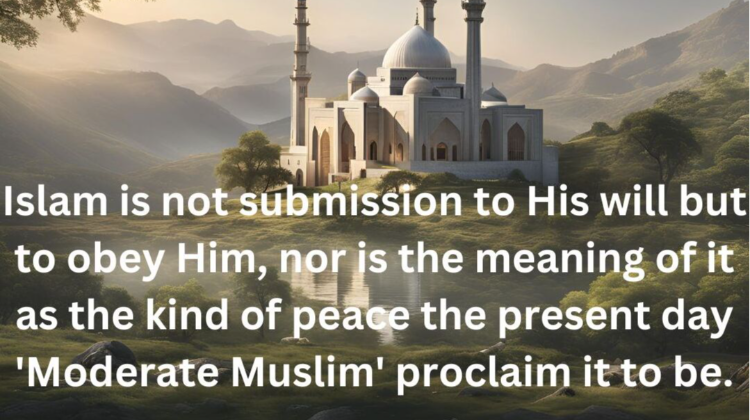

Leave a Comment